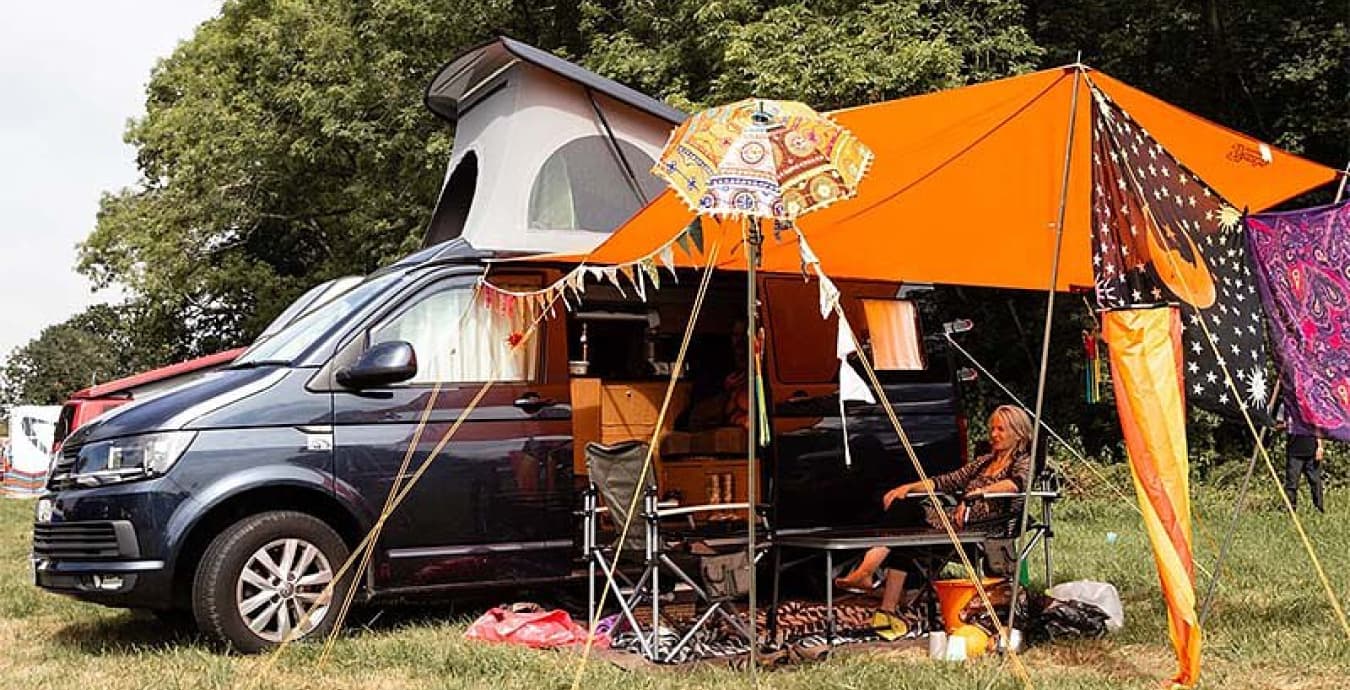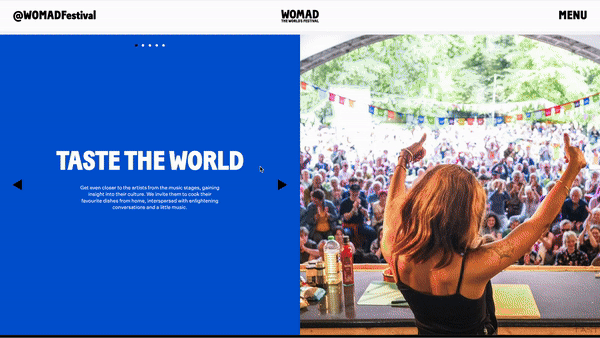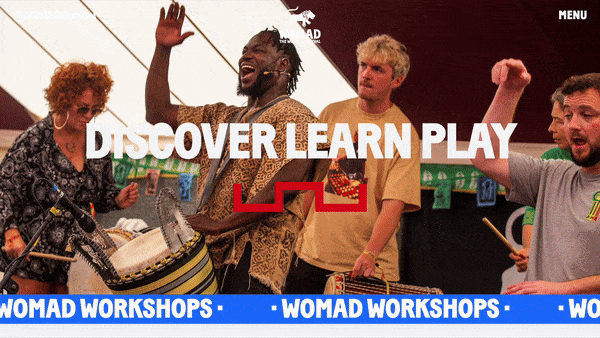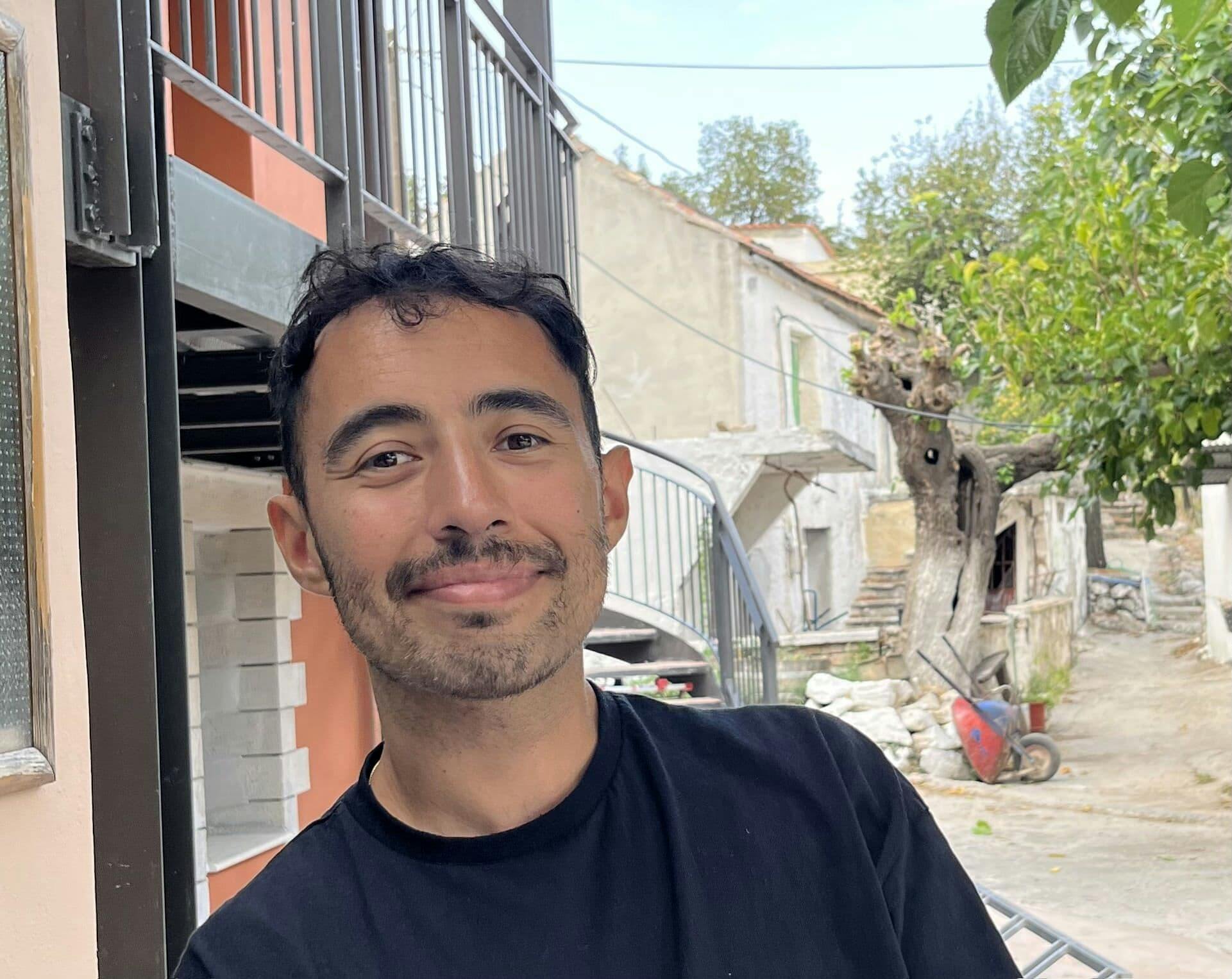Since its inception in 1980 by legendary musician Peter Gabriel, WOMAD (World of Music, Arts and Dance) has been spotlighting artists around the world — Balkan folk, Zimbabwean blues, Moroccan desert rock and more — to millions of people.
“When the festival first started, it was very unique in the sense that we tried to bring artists from all over the world together — regardless of genre, regardless of background or location", Emily Wood, who leads the festival’s marketing and communications, says. “We don't have a typical customer, which is what makes them so special. They know that they're going to discover something new that they definitely didn't have an experience of before.”
Over the past 44 years, WOMAD has evolved from one English event to 160 festivals in more than 27 countries, including Spain, Italy, New Zealand and Chile. “All these different events are very much still WOMAD, but they are unique in their own places", Emily says. "We work with different production partners in each of those places, so that it's got its own feel about it and authentic to the place.”
In addition to the music, there are many other experiences that have become as much of an attraction of the festival’s programming as the live performances. Taste the World invites artists to share their culture through food, with in-the-moment music and insightful stories. Artists develop their performances into extra interactive music and dance workshops. At World of Words, festivalgoers will find poetry readings, panel talks and author sessions. There's also a selection of well-being events for attendees, including yoga, Tai-Chi and Capoeira workshops surrounded by nature, and rejuvenating spa treatments are on offer.
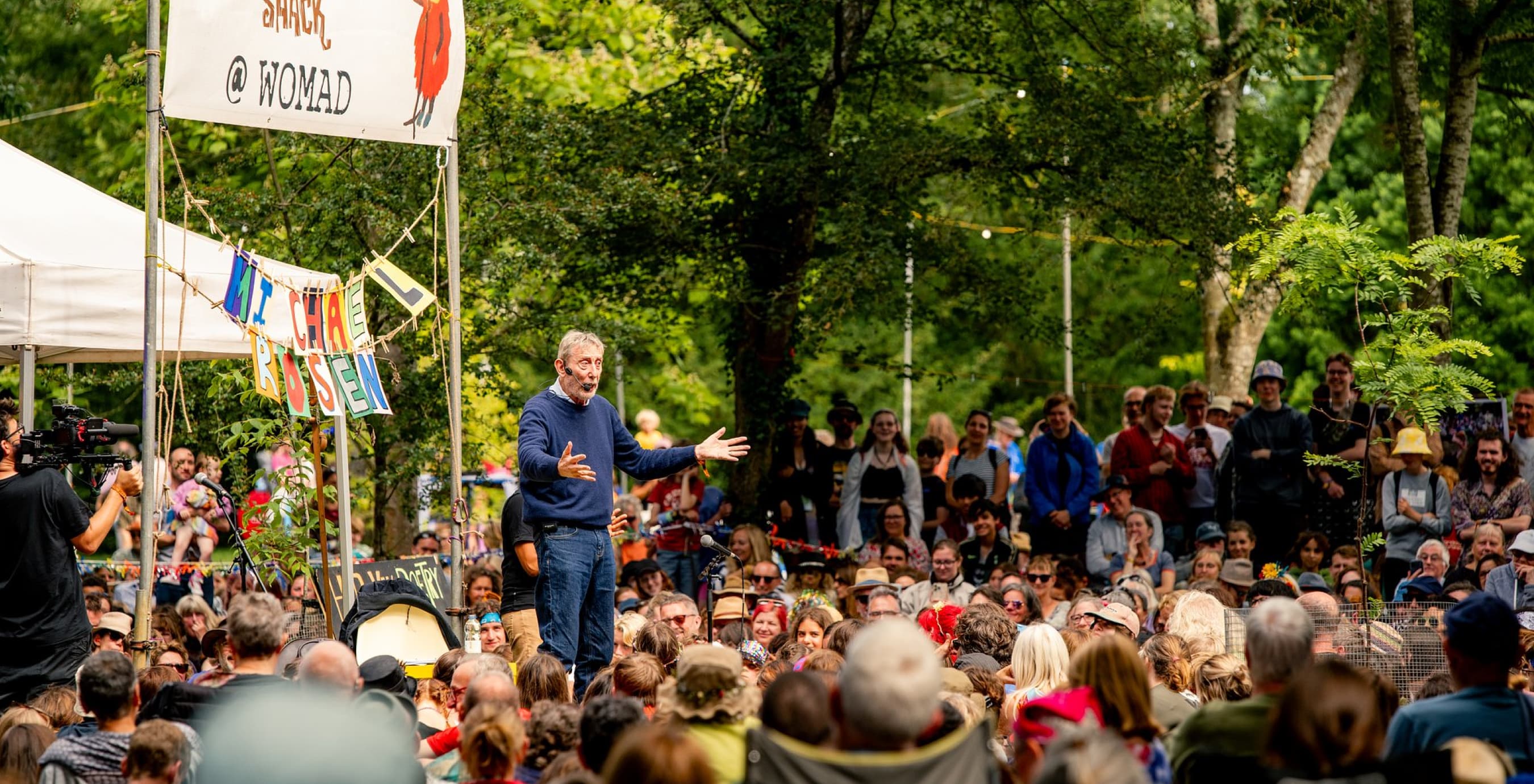
The challenges for WOMAD
Managing a global festival of this scale has its challenges. With other third-party booking platforms, WOMAD had limited control over its ticketing, website and booking journey, which caused operational and user-experience issues.
In their previous setup, all ticket tiers, accommodations and add-ons were displayed on a single page, which made it difficult for customers to see all available options. This led to missed conversions and potential lost revenue.
When WOMAD needed to edit their site, whether it was to launch new ticket tiers or announce new acts, they were often left waiting hours, if not days, for reps from third party platforms they worked with, to respond to enquiries and implement the changes.

To prepare for the 2023 edition of WOMAD, the team switched to Easol with the goal of streamlining ticketing operations, building a more efficient booking journey and gaining more control over website customisation.
“I was initially daunted by the fact that we’d have to move the whole website over to a new platform, but the platform was so intuitive and things just worked,” says Emily.
At a time when festivals everywhere are facing many challenges around revenue and often having to make tough choices, WOMAD saw an increase in average basket spend by 11% after switching to Easol. As Festival Director Chris Smith puts it: “Easol is exactly how ticketing should be”.
Here are the top three ways WOMAD uses Easol to manage and sell their festival:



